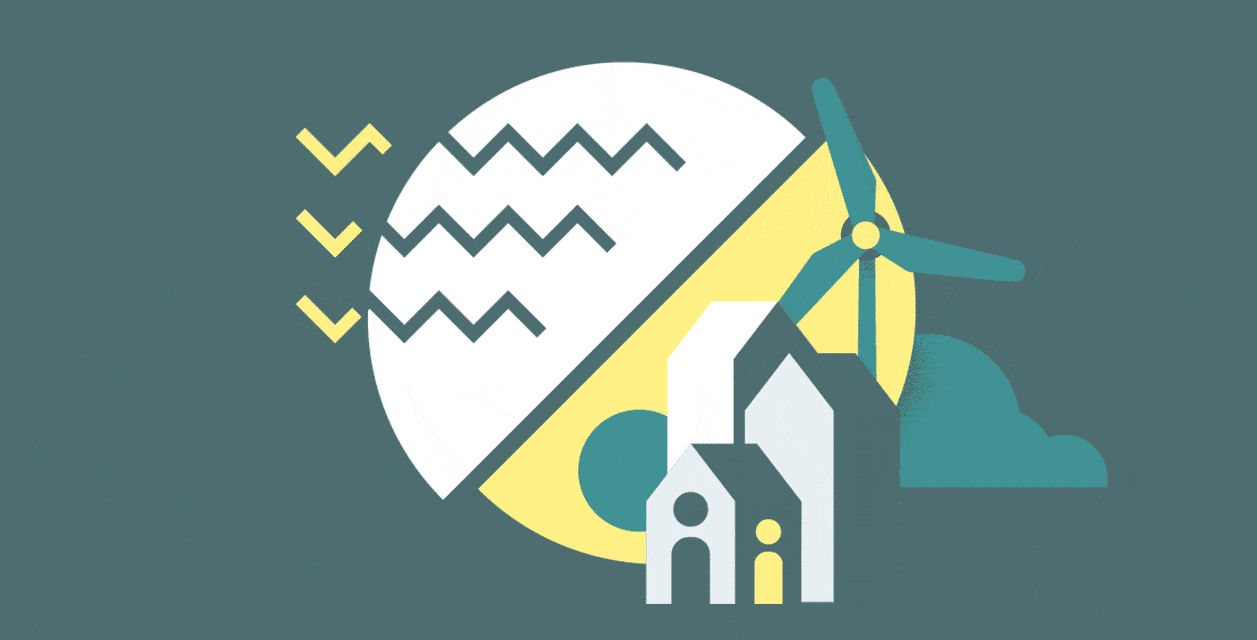Description
Today humanity uses, on average, the equivalent of 1.6 earths to provide the resources we use and to absorb our waste. A pathway to sustainable resource use is the circular economy. This concept aims at optimising the value of the resources used and to minimise the amount of resources used. The author addresses the question of what kind of law we need to realize a circular economy. He argues that many legal frameworks and rules on the national and the European level will have to be reconsidered, amended and some completely newly framed to foster a truly circular economy.
This is the inaugural lecture which Professor Chris Backes delivered on 12 April 2017 on the occasion of accepting the Chair of Environmental and Planning Law at Utrecht University School of Law, Utrecht Centre forWater, Oceans and Sustainability Law.
Vandaag gebruikt de mensheid gemiddeld het equivalent van 1,6 aardes om te voorzien in de hulpbronnen die we gebruiken en om ons afval te absorberen. Een weg naar duurzaam hulpbronnengebruik is de circulaire economie. Dit concept is erop gericht de waarde van de gebruikte hulpbronnen te optimaliseren en de hoeveelheid gebruikte hulpbronnen tot een minimum te beperken. De auteur gaat in op de vraag wat voor soort wetgeving we nodig hebben om een circulaire economie te realiseren. Hij betoogt dat veel wettelijke kaders en regels op nationaal en Europees niveau zullen moeten worden heroverwogen, gewijzigd en sommige volledig nieuw moeten worden ingekaderd om een echte circulaire economie te bevorderen.
Dit is de inaugurele rede die professor Chris Backes op 12 april 2017 uitsprak ter gelegenheid van de aanvaarding van de leerstoel Omgevings- en Ruimtelijk Recht aan de Utrecht University School of Law, Utrecht Centre for Water, Oceans and Sustainability Law.











